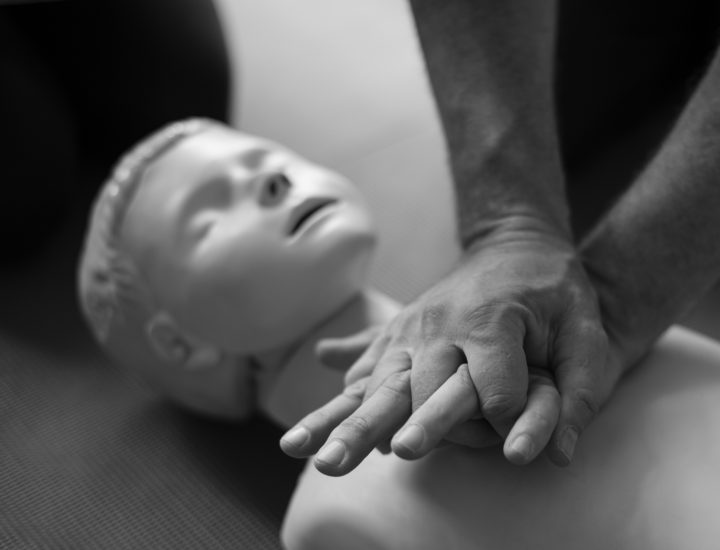CPR (Cardiopulmonary Resuscitation) certification is often a prerequisite for clinical placements in nursing programs. It equips you with the skills to respond effectively to cardiac and respiratory emergencies, which is essential in healthcare settings. Without current CPR certification, you may be ineligible for clinical experiences, potentially delaying your progression in the nursing program .
📘 Types of CPR Certifications for Nurses
The primary certification required for nursing students is Basic Life Support (BLS). BLS training covers:
- Adult, child, and infant CPR
- Use of Automated External Defibrillators (AEDs)
- Relief of choking
- Team-based resuscitation techniques
BLS courses are specifically designed for healthcare professionals and are more comprehensive than standard CPR courses .
🧑🏫 Course Formats and Hands-On Requirements
CPR certification courses are available in various formats:
- In-person classes: Traditional classroom settings with hands-on practice.
- Blended learning: Online theoretical components combined with in-person skills assessments.
It’s important to note that online-only courses without a hands-on component typically do not meet the certification requirements for nursing students .
🔄 Renewal and Continuing Education
CPR certifications are generally valid for two years. To maintain your certification:
- Renewal: Enroll in a refresher course before your certification expires.
- Continuing Education Credits (CEUs): Some BLS courses offer CEUs, which may count toward your nursing education requirements .
✅ Choosing the Right Certification Provider
When selecting a CPR certification course, ensure it is recognized by reputable organizations such as:
- American Heart Association (AHA)
- American Red Cross
These organizations offer courses that are widely accepted by nursing programs and healthcare employers.
📍 CPR Certification in India
In India, CPR certification for nursing students is typically aligned with the guidelines provided by the Indian Nursing Council (INC). While specific requirements may vary by institution, it’s advisable to:
- Consult your nursing program for approved CPR certification providers.
- Ensure the course includes a hands-on component.
- Verify that the certification is recognized by your clinical placement sites.
📌 Final Tips
- Verify Requirements: Always check with your nursing program for specific CPR certification requirements.
- Plan Ahead: Schedule your certification course early to avoid delays in clinical placements.
- Maintain Certification: Keep track of your certification’s expiration date and renew it promptly.
By obtaining and maintaining your CPR certification, you’re taking a vital step toward becoming a competent and confident nursing professional.


